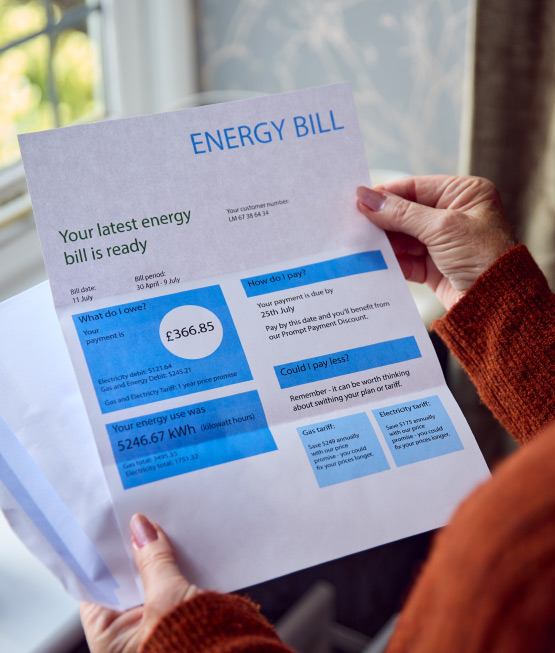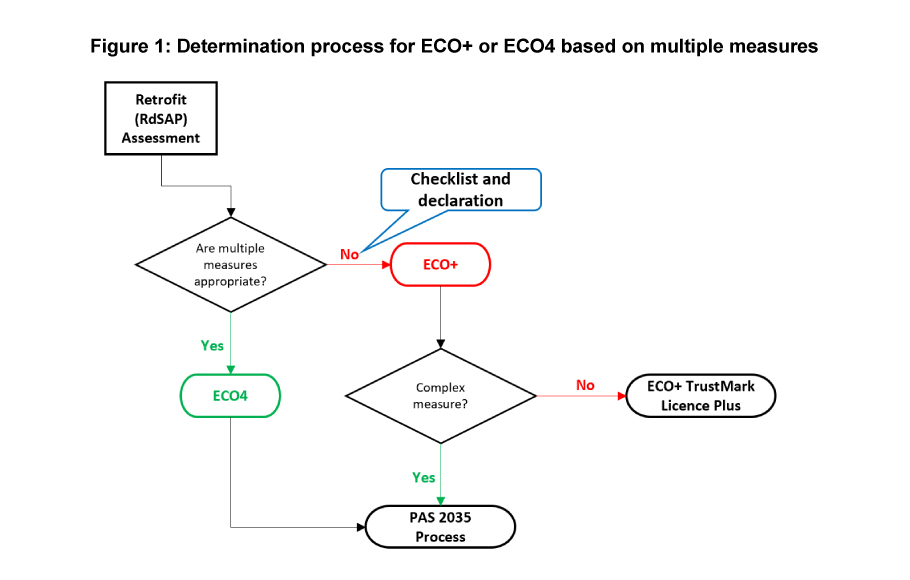Is the government's £1bn ECO+ scheme, fit for purpose?
Back in November the Department for Business, Energy & Industrial Strategy (BEIS) released its proposal for a new Energy Company Obligation Plus (ECO+) scheme which aims to deliver £1 billion of low cost energy efficiency measures between April 2023 and March 2026.
It is estimated that this proposed scheme will see hundreds of thousands of households receive new insulation, saving them around £310 a year (based on energy prices consistent with the Energy Price Guarantee from April 2023).
This followed the chancellor’s announcement that a further £6bn of funding would be allocated to help insulate homes and upgrade boilers, from 2025 (doubling the governments original investment in energy efficiency).

What is the ECO+ scheme and who will it impact?
The proposed ECO+ will support the installation of energy efficiency measures in approximately 410,000 homes. These measures will include the installation of insulation and low carbon heating systems.
ECO+ will be delivered as a grant which homeowners can apply for. It will aim to address households which do not currently benefit from government schemes, such as ECO4.
80% of the funding from this scheme will be used to upgrade properties with an Energy Performance Certificate (EPC) rating of D or below, and in the lower council tax bands. Around a fifth of the funding will also be available to those on the lowest income.
How is ECO+ different to ECO4?
Eligibility
Since its launch in January 2013, the Energy Company Obligation (ECO) scheme has delivered as many as 3.5 million energy-efficiency measures to 2.4 million low income, vulnerable and fuel poor households.
ECO+ will run in parallel to the 4th iteration of ECO, ECO4. However, it looks set to expand the eligibility criteria, to ensure that those who do not qualify for ECO funding (but still have a poor performing property and live in a low council tax banding) will receive a grant towards the installation of low-cost insulation measures.
Approach
ECO4 mandates compliance with PAS 2035:2019, the specification for ‘whole-house’ retrofit. This is an approach to the installation of energy efficiency measures which takes into account the requirement of the home, both from a technical standpoint and considering factors such as occupancy comfort and lifestyle.
This all involves a TrustMark Approved Retrofit Coordinator overseeing the end-to-end delivery of ECO funded retrofit projects, alongside other TrustMark approved retrofit professionals (installers and assessors).
However, when it comes to ECO+, the consultation document stresses that the focus of the scheme will be on installing mainly single energy efficiency measures (such as loft insulation), which would be low-cost and low-risk. With this in mind the government is proposing to move away from PAS 2035 for low-risk loft insulation and heating controls delivered under ECO+, with the TrustMark Licence Plus Scheme being used in its place. More complex measures would still be delivered under PAS 2035.
Moreover, the proposal for ECO+ indicates that each property will need a retrofit assessment (which would include an EPC) to determine eligibility and the number of measures appropriate for a property.

Elmhurst’s Response
Elmhurst’s Head of Operations, Josh Wakeling, Comments: “We are encouraged to see BEIS taking steps to find further ways to help improve energy efficiency in homes. The current cost of living and fuel poverty issues we are experiencing as a nation need to be resolved as soon as possible and retrofitting is by far the most proven solution. ECO+ provides a route for simple single measures to be installed effectively and quickly. This is needed to make a fast and economical delivery to reduce energy bills in the short term however we are concerned about the unintended consequences, many of which were highlighted in the Each Home Counts review. We must still ensure that a long term, whole house approach is taken for multiple and complex measures.”
Read Elmhurst’s final consultation response. The government’s ECO+ consultation closed on the 23rd December.
VIEW GOVERNMENT CONSULTATION >